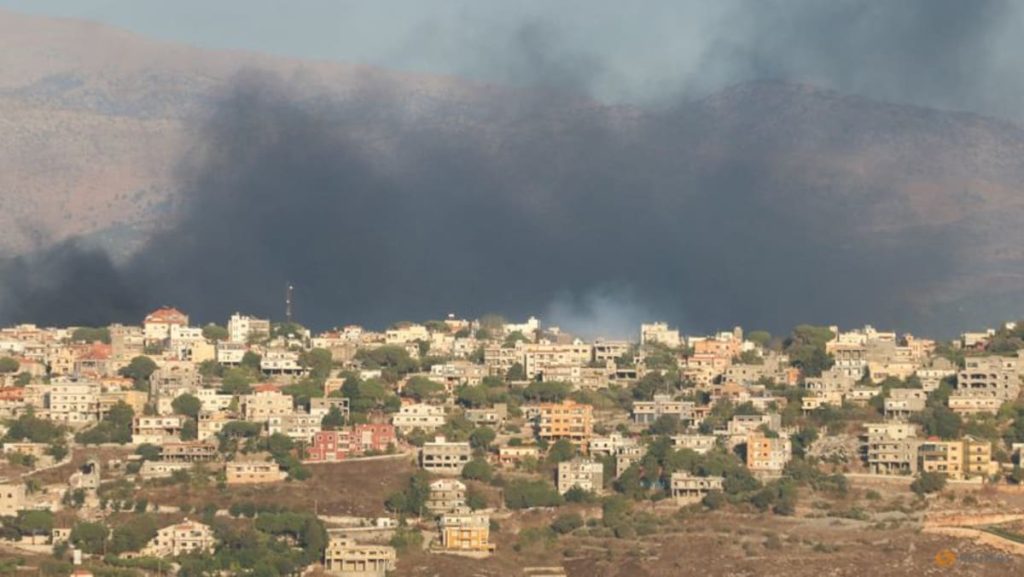The conflict between Israel and Hezbollah continues to escalate, with recent Israeli strikes on the village of Aita resulting in the death of both a Hezbollah fighter and a child. The fighter killed, identified as Mohammad Najem, was targeted by the Israeli military because he was a member of Hezbollah’s rocket and missile unit. In addition to Najem, two other Hezbollah fighters were also targeted in southern Lebanon.
The Israeli military reported that projectiles had been fired from Lebanese territory into northern Israel, but no injuries were reported as a result. In response, Hezbollah’s press office stated that they had fired rockets and artillery onto various Israeli military positions throughout the day. This exchange of attacks highlights the ongoing tensions and violence between the two sides, with both parties engaging in retaliatory strikes.
The toll of the conflict has been significant, with over 600 people in Lebanon killed since the clashes began in October. This includes more than 400 Hezbollah combatants and over 130 civilians, according to a Reuters tally. The high number of casualties underscores the devastating impact of the conflict on both military personnel and innocent civilians caught in the crossfire. The situation shows no signs of easing as both Israel and Hezbollah continue to engage in violent confrontations.
The geographic proximity of the conflict, with strikes occurring just 14 km north of the border with Israel, heightens the sense of vulnerability for residents in the area. The village of Aita, where the recent Israeli strike took place, serves as a stark reminder of the constant threat of violence and destruction faced by those living near the border. The ongoing attacks further exacerbate the already tense and volatile situation in the region, with no immediate resolution in sight.
The targeting of specific individuals like Mohammad Najem by the Israeli military indicates a strategic approach to eliminating key members of Hezbollah’s forces. By focusing on individuals involved in Hezbollah’s rocket and missile unit, Israel aims to disrupt the group’s capabilities and weaken its offensive power. This tactic, however, risks escalating the conflict further and increasing the likelihood of retaliatory attacks from Hezbollah, leading to a cycle of violence that shows no signs of abating.
As the death toll rises and the violence continues unabated, the need for a diplomatic resolution to the conflict becomes increasingly urgent. The international community must work towards brokering a ceasefire and fostering dialogue between Israel and Hezbollah to prevent further loss of life and devastation. The toll on both military personnel and civilians is a stark reminder of the human cost of ongoing conflict, underscoring the importance of finding a peaceful and sustainable solution to end the violence and bring stability to the region.


